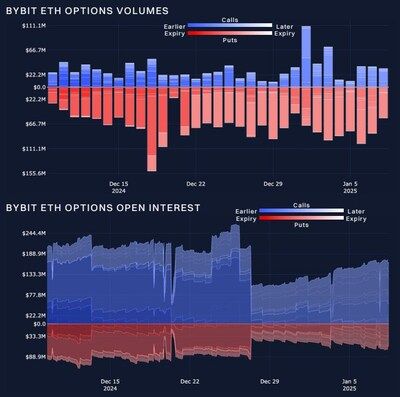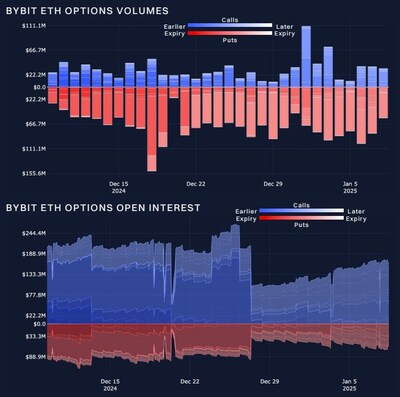ARMswap Launches its DeFi Platform
VILNIUS, Lithuania, Jan. 13, 2025 /CNW/ — The ARMswap team is thrilled to announce the launch of its 1st version of its DeFi protocol. The web3 world is booming with numerous layer-1 and layer-2 blockchains, each having their unique algorithms and capabilities. However, their closed architecture hinders seamless interaction and information flow between networks, creating inefficiencies. ARMswap’s launch addresses this fundamental inefficiency in the current blockchain architecture and introduces a more optimized version of the multi-directional cross-chain swaps and bridges.
Simplifying Cross-Chain Transactions
“The fragmentation of blockchain networks has been a critical issue, and users were compelled to navigate through various DEXs and third-party bridges to perform a single cross-chain transaction,” notes the CTO of ARMswap. “ARMswap’s launch represents a watershed moment in addressing this fragmentation that has constrained Defi’s evolution.”
ARMswap’s architecture, validated through rigorous security audits by the leading Blockchain security firm Hashlock, combines advanced cryptographic protection for user funds. ARMswap’s protocol delivers secure and rapid swap/bridge operations, setting new industry benchmarks for transaction processing efficiency.
The platform supports 31 blockchains and their native coins in its V1 launch in Jan 2025, with plans for expansion to include more blockchains every quarter.
In V2, ARMswap will integrate with protocols like Chainlink, Axelar network, Layer zero, Wormhole, etc., to provide extensive coverage of EVM & non-EVM chains. In V3, Armswap will introduce its own framework for relayers and oracles for seamless interoperability across Web3.
ARMSP Fair Launch
ARMswap is launching its utility token, ARMSP, in Jan 2025, incentivizing liquidity providers to actively participate in the ecosystem and to share platform and pool returns with the platform participants.
ARMswap is also releasing its DeFi Mobile App (IOS & Android) in March 2025, enabling users to connect their existing wallets and perform swap transactions and participate in liquidity pools and rewards.
Limited Supply
Join the ARMswap V1 platform and participate in the ARMSP token Fair Launch on 13th Jan 2025, with a limited supply of 400 million tokens out of 1.25 billion max supplies. Early participants can enjoy bonuses and earn rewards through the ARMswap MVP program. After a 12-month vesting period, ARMSP will be listed on all major exchanges globally.
About ARMswap:
ARMswap UAB simplifies cross-chain asset transfers and brings the power of Web3 and the de-centralization of blockchains into our daily lives and businesses.
Website: www.armswap.com
For Media Inquiries:
Contact Name: Husnain Aslam
Title: Chief Technology Officer
Email: media@armswap.com
![]() View original content to download multimedia:https://www.prnewswire.com/news-releases/armswap-launches-its-defi-platform-302347842.html
View original content to download multimedia:https://www.prnewswire.com/news-releases/armswap-launches-its-defi-platform-302347842.html
SOURCE Armswap UAB

Featured Image: depositphotos @ dimarik











